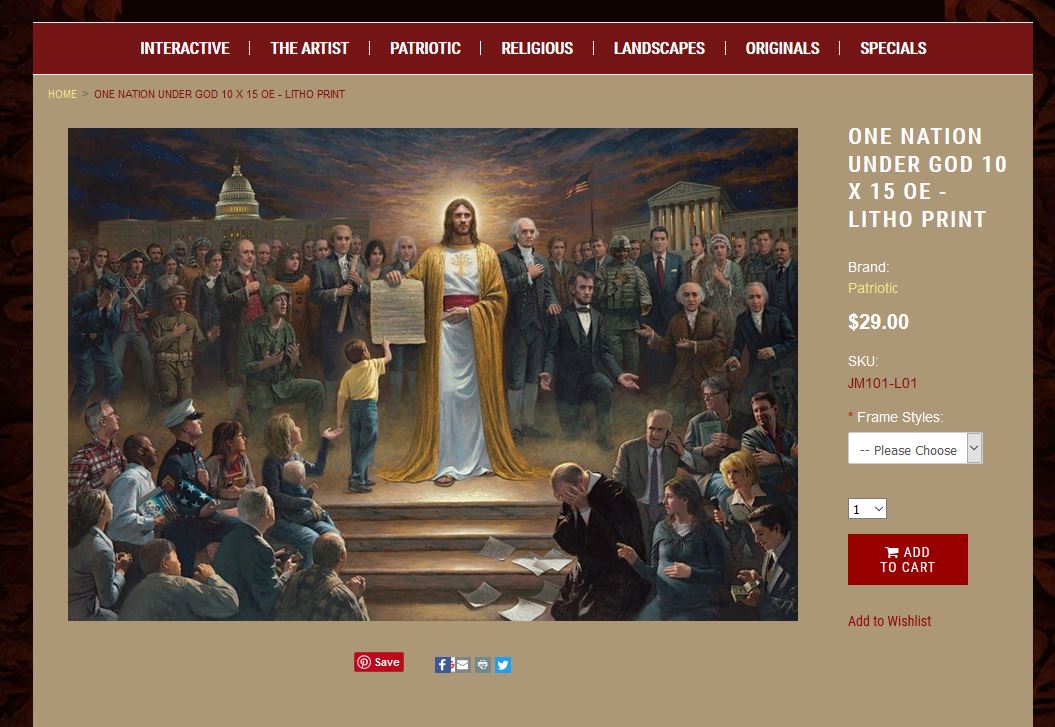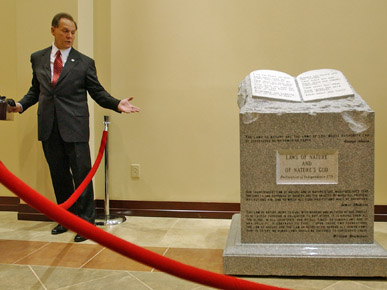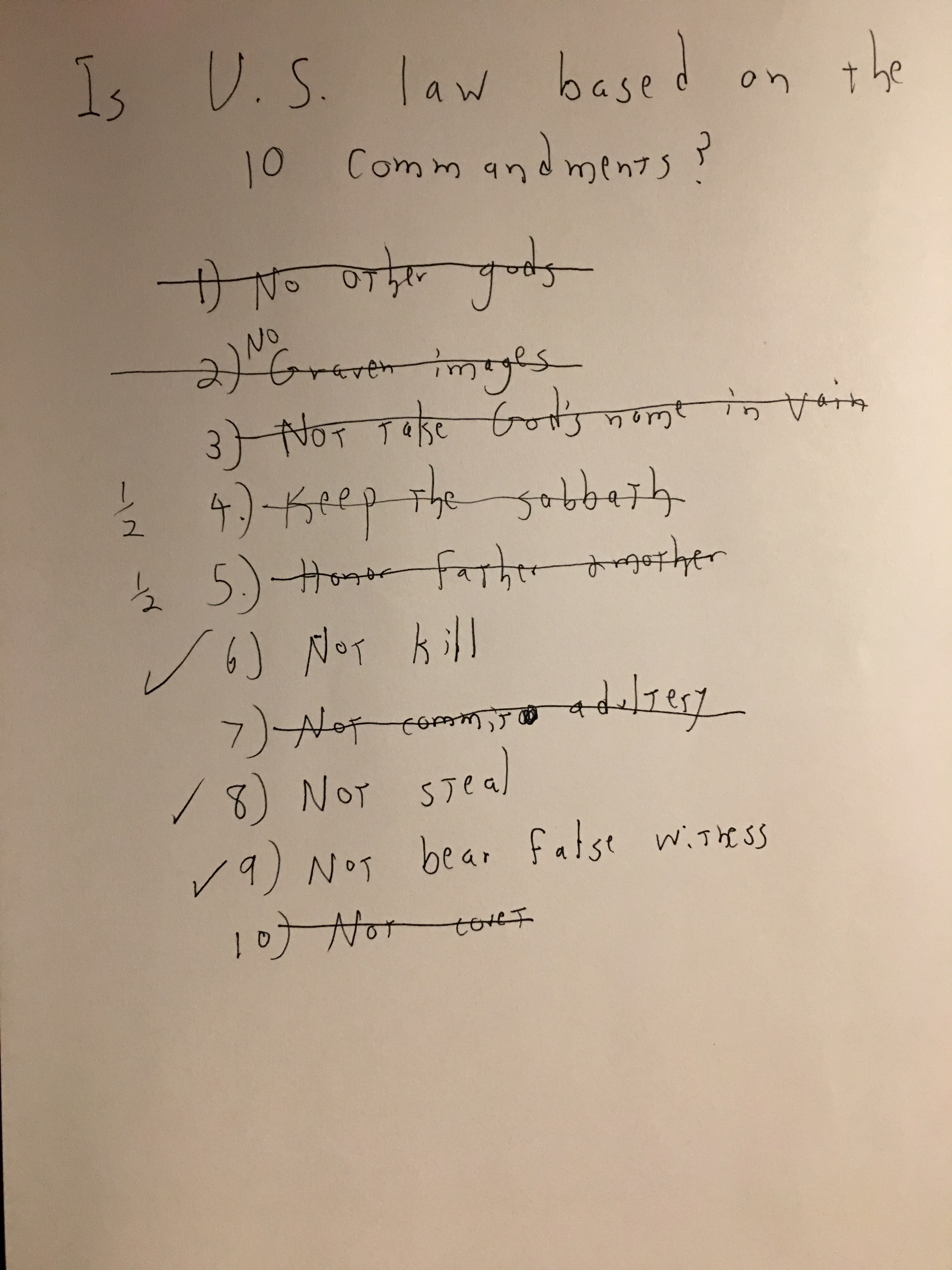 Home Page
Home Page Exodus
- Lecture.mp3
- Listen in iTunes
- Listen on Stitcher
-


Exodus 20: 3-17
- Thou shalt have no other gods before me.
- Thou shalt not make unto thee any graven image, or any likeness of any thing that is in heaven above, or that is in the earth beneath, or that is in the water under the earth.
- Thou shalt not bow down thyself to them, nor serve them: for I the Lord thy God am a jealous God, visiting the iniquity of the fathers upon the children unto the third and fourth generation of them that hate me;
- And shewing mercy unto thousands of them that love me, and keep my commandments.
- Thou shalt not take the name of the Lord thy God in vain; for the Lord will not hold him guiltless that taketh his name in vain.
- Remember the sabbath day, to keep it holy.
- Six days shalt thou labour, and do all thy work:
- But the seventh day is the sabbath of the Lord thy God: in it thou shalt not do any work, thou, nor thy son, nor thy daughter, thy manservant, nor thy maidservant, nor thy cattle, nor thy stranger that is within thy gates:
- For in six days the Lord made heaven and earth, the sea, and all that in them is, and rested the seventh day: wherefore the Lord blessed the sabbath day, and hallowed it.
- Honour thy father and thy mother: that thy days may be long upon the land which the Lord thy God giveth thee.
- Thou shalt not kill.
- Thou shalt not commit adultery.
- Thou shalt not steal.
- Thou shalt not bear false witness against thy neighbour.
- Thou shalt not covet thy neighbour's house, thou shalt not covet thy neighbour's wife, nor his manservant, nor his maidservant, nor his ox, nor his ass, nor any thing that is thy neighbour's.
The 10 Commandments are examples of apodictic
law; laws that cover all cases regardless of
circumstance.
The next several chapters cover casuistic
law; case law that gives specific rules depending
on the circumstances.
So there is a popular theory about some American citizens that
our legal system is somehow based on the 10 Commandments.

Let's test that theory. Which of the 10 Commandments are also
part of the United States legal system?

Deuteronomy 28
This passage and others like it are the source of the
Deuteronomic Code. It's simplest formulation is,
"If you obey me, I'll bless you. If you disobey me, I'll
curse you."
This statement seems simple enough, but no end of mischief has
come from people misunderstanding basic logic. Here's how an
"if-then" (modus tollens) statement works:
- If A, then B.
Here are the valid inferences:
- A
- ∴ B (A is true, therefore B is true)
- ~ B
- ∴ ~ A (Not B, therefore not A.
Here are the invalid inferences, called the non sequitur fallacy: - B
- ∴ A (B is true, therefore A is true)
- ~ A
- ∴ ~ B (Not A, therefore not B.
So, here are valid inferences from the text:
- You obeyed me, there I blessed you. (A ∴ B)
- You disobeyed me, therefore I cursed you. (Also A ∴ B)
More pernicious are the invalid inferences that many believers
frequently draw from the Deuteronomic Code.
- You are suffering; therefore, God has cursed you; therefore, you have sinned. (This is the approach Job's friends used. They assume the ONLY reason for a person's suffering is that they've sinned.)
- You are rich; therefore, God has blessed you; therefore, God
is pleased with your behavior. (This theory lies behind the
Prosperity Gospel.)
